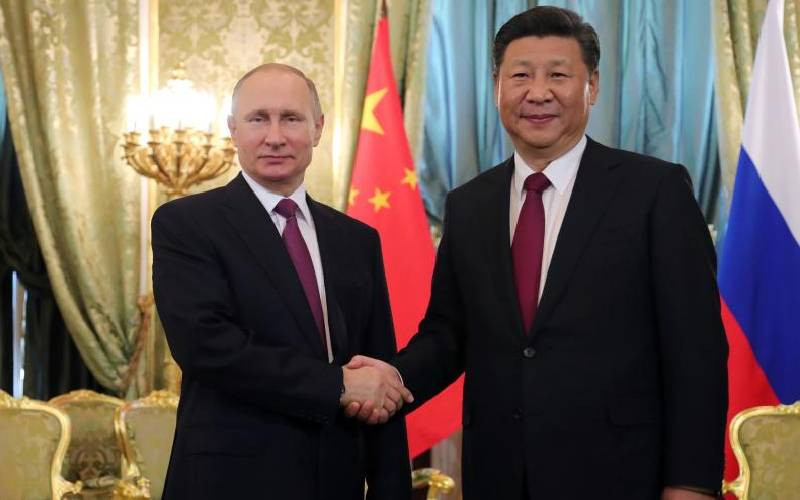×
The Standard e-Paper
Smart Minds Choose Us

Talk of multi-polarity, as an alternative to US 'unipolar' dominance that followed the end of the Cold War, is growing. Russia and China, two big countries under American pressure appear to lead the talks.
While Xi Jinping is the main player in China, Russia has a triumvirate of President Vladimir Putin, Alexander Dugin who Russians call 'the Philosopher', and Foreign Affairs spokesperson Maria Zakharova.